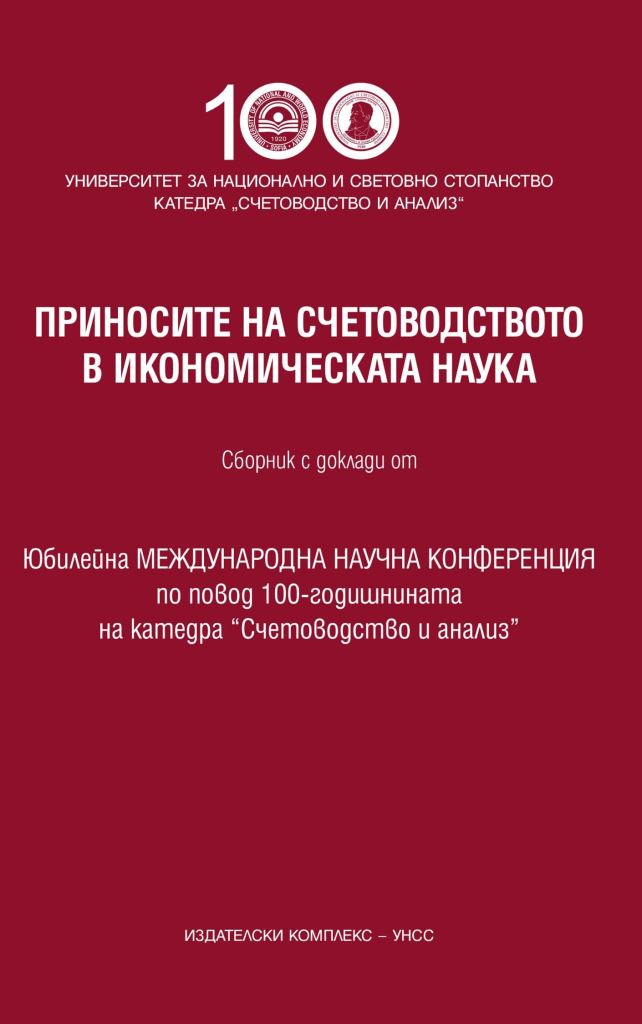ПРОБЛЕМИ ПРИ ПРЕДСТАВЯНЕ НА РАЗЧЕТИТЕ ПО КОРПОРАТИВНОТО ПОДОХОДНО ОБЛАГАНЕ ВЪВ ФИНАНСОВИТЕ ОТЧЕТИ
PROBLEMS OF PRESENTING CURRENT AND DEFERRED TAX ASSETS AND LIABILITIES IN FINANCIAL STATEMENT
Author(s): Nikolay Oresharov
Subject(s): Economy, National Economy, Business Economy / Management, Accounting - Business Administration
Published by: Университет за национално и световно стопанство (УНСС)
Keywords: deferred taxes; tax assets; tax liabilities; temporary differences; time differences
Summary/Abstract: The need for recognition and presentation in the financial statements of deferred taxes originates not only from the desire to achieve fair presentation of the financial results, but also from the need to apply the accounting assumption for the current accrual – the need for taxes to be compared to the profits that are earned. Accrued and recognized deferred tax liabilities are likely to become actual tax liabilities in the future, which is sufficient to justify their recognition in the present. In relation to corporate income taxation, in principle, two sets of estimates originate: current tax expense estimates and deferred tax estimates. Due to temporary differences, tax accruals in later periods may increase ordecrease as a result of transactions or events that occurred before the balance sheet date. Therefore, the underlying case for deferred tax accounting is the extent to which a provision for the future tax consequences of past transactions and events has to be recognized and charged. Accounting theory knows three different methods for this: the zero provision method, the partial provision method, and the full provision method. This report examines the impact that the application of each of these methods has on the true and fair presentation of information in the financial statements.
Book: ПРИНОСИТЕ НА СЧЕТОВОДСТВОТО В ИКОНОМИЧЕСКАТА НАУКА
- Page Range: 208-217
- Page Count: 10
- Publication Year: 2020
- Language: Bulgarian
- Content File-PDF

